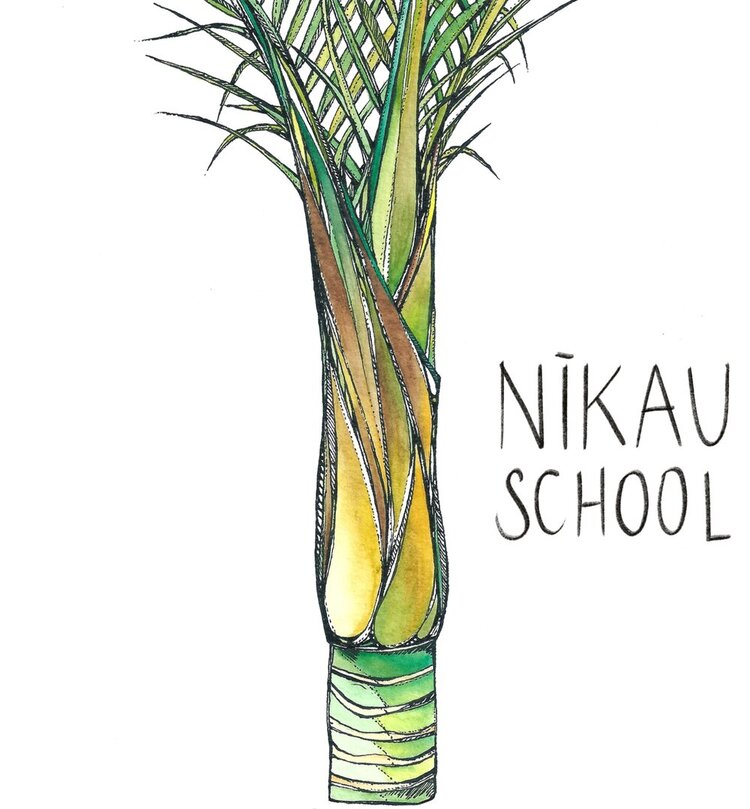What is Montessori education and how is it different from traditional education?
Montessori education is different from traditional education in its focus on the individual needs of the child, its hands-on, experiential approach to learning, and its holistic, interdisciplinary curriculum.
How does the Montessori approach support the development of the whole child?
Montessori education supports the development of the whole child by incorporating a holistic approach that addresses the physical, intellectual, emotional, and social aspects of a child's growth and development. The Montessori method emphasizes hands-on, experiential learning, individualized instruction, and a supportive classroom environment that fosters independence, self-motivation, and a love of learning.
What kind of materials and activities are used in our environment?
In a Montessori classroom, a wide range of materials and activities are used to support children's learning and development. These materials and activities are designed to be hands-on, sensory-rich, and engaging, providing children with opportunities to explore and make connections.
What kind of support and training do Montessori teachers receive?
Our teachers receive a combination of training and support that helps them understand and implement the Montessori philosophy and method through the AMI program.
AMI (Association Montessori Internationale) training is a type of Montessori teacher training program offered by the Association Montessori Internationale. This training program is based on the teachings of Dr. Maria Montessori and provides comprehensive instruction in the Montessori method and philosophy.
AMI training is widely recognized as a high-quality Montessori teacher training program, and graduates of AMI programs are eligible to become AMI certified Montessori teachers. This certification is highly respected in the Montessori community and is recognized internationally.
How do we handle discipline and behavior management?
Discipline and behavior management are approached in a positive and respectful manner. The following are some of the key principles and practices used in our classrooms:
Positive reinforcement: teachers use positive reinforcement, such as praise and encouragement, to support appropriate behavior and reinforce the desired behaviors in children.
Respectful communication: teachers communicate with children in a respectful and non-punitive manner, using language that is clear and positive. This helps children understand the expectations and encourages them to engage in appropriate behavior.
Freedom within limits: Montessori classrooms are designed to provide children with a sense of freedom and independence, while also establishing clear limits and boundaries. This helps children develop a sense of responsibility and respect for others and their environment.
Responsibility and problem-solving: teachers encourage children to take responsibility for their actions and to find solutions to any problems that may arise. This helps children develop problem-solving skills and self-discipline.
Consistency and predictability: classrooms are designed to be predictable and consistent, with routines and expectations that are clear and consistent. This helps children feel secure and reduces the likelihood of behavior issues.
What is the role of technology in Montessori Education
The use of technology in Montessori education is a controversial topic, as some Montessori educators believe that technology should be used sparingly in the classroom, while others believe that technology can be a valuable tool to support learning.
In general, Montessori education values hands-on, sensory-based learning experiences and a respect for the child's natural developmental process. In this sense, technology should not replace traditional Montessori materials and activities, but rather complement and enhance them.
